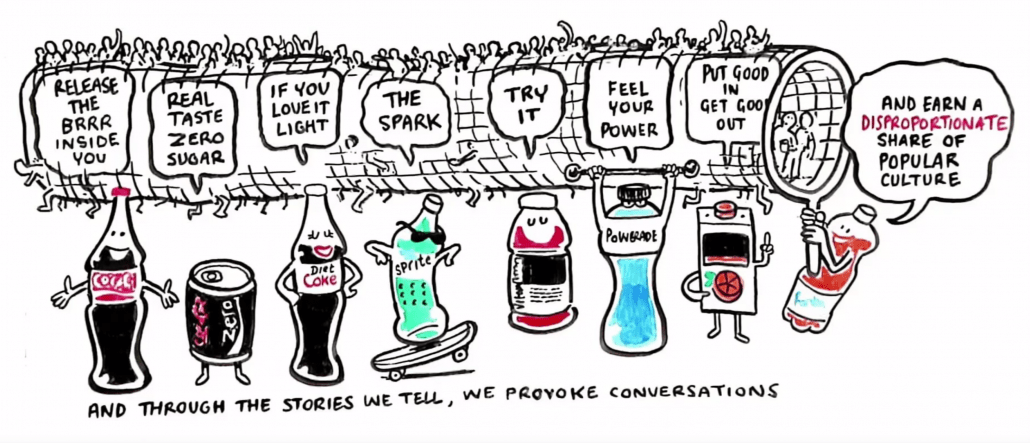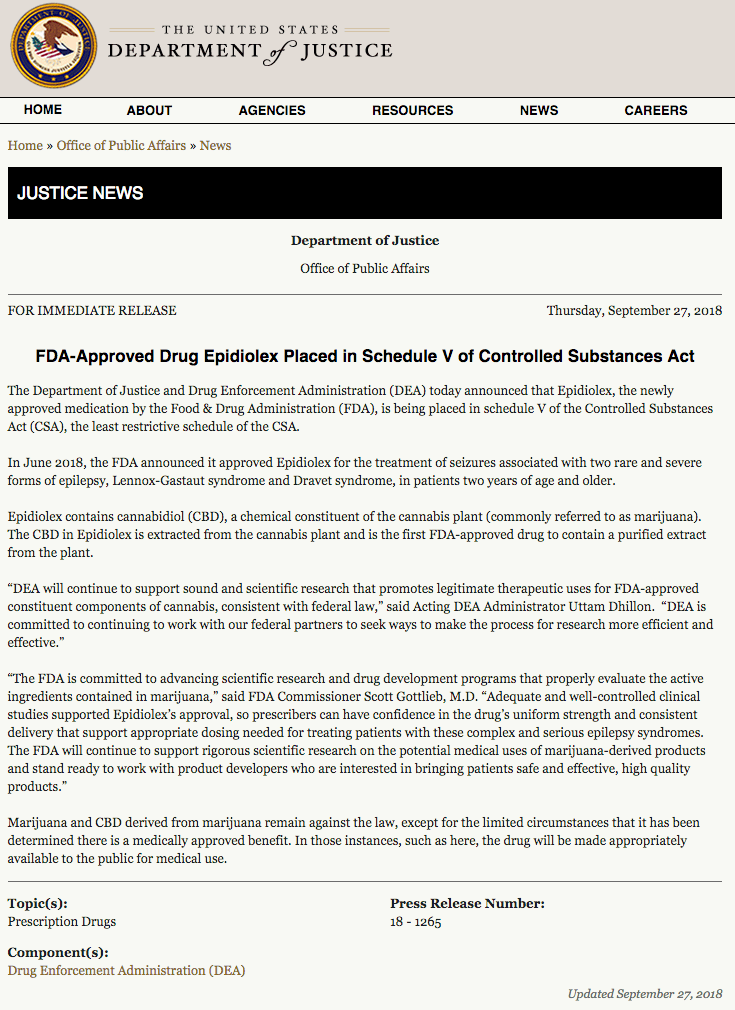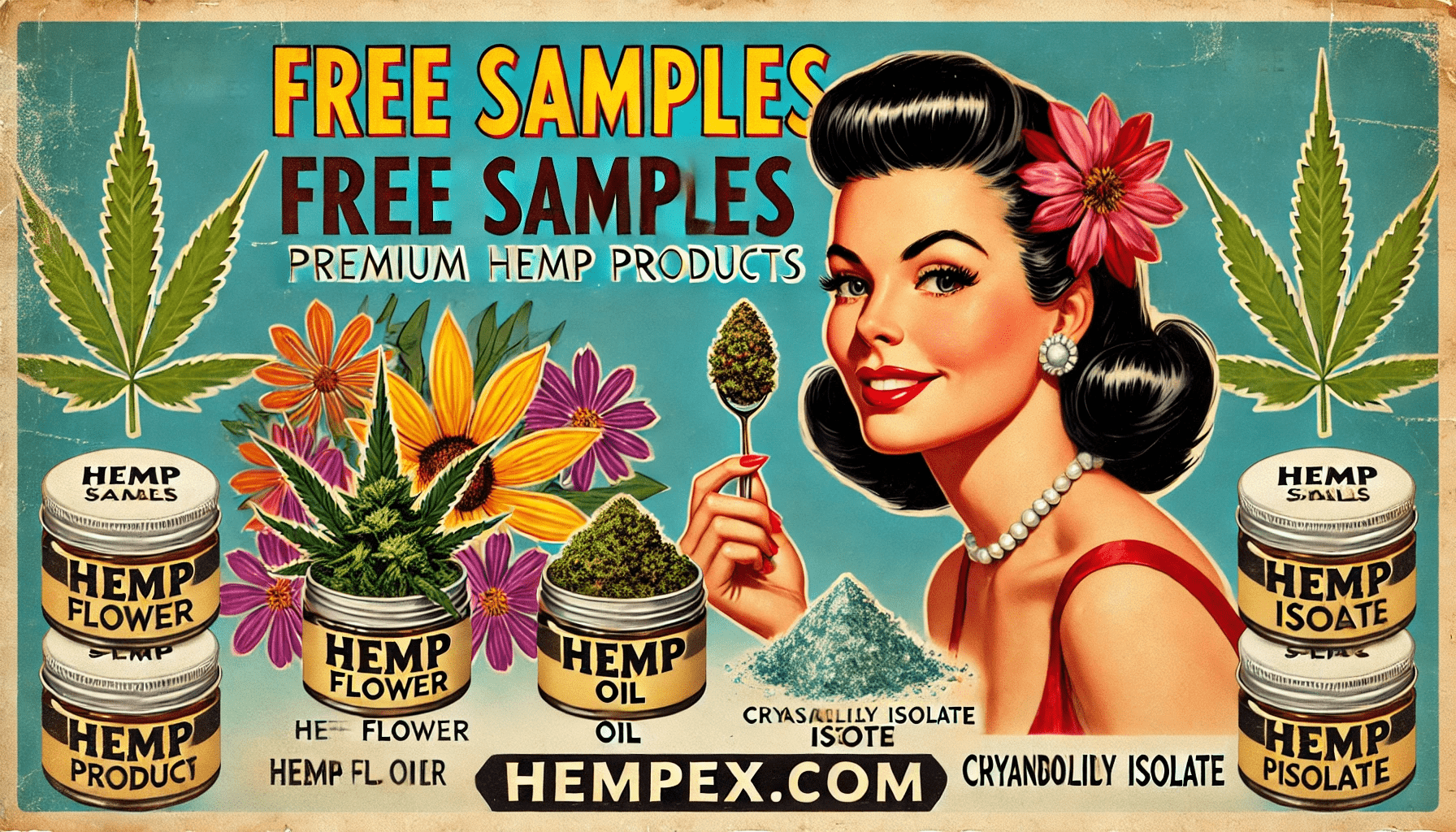Epidiolex, a new pharmaceutical drug containing CBD Isolate opens up a new era of cannabinoid medicine and cannabis reform.
CBD Isolate Anti-Epilepsy Drug Epidiolex Approved by FDA
On June 25, 2018, the United States Food & Drug Administration (FDA) approved EPIDIOLEX® – a CBD isolate-based oral solution for the treatment of seizures associated with two severe epilepsy syndromes – Lennox-Gastaut syndromeand Dravet syndrome.
Epidiolex is highly significant because it is a promising new treatment for an often intractable diseases which cause debilitating symptoms in young patients. These conditions often fail to respond to other treatments making Epidiolex life-changing for some patients. It is also the first FDA approved drug based on a natural cannabis extract. Epidiolex is now rated as Schedule 5, while other cannabinoids and most cannabis (except hemp) are schedule 1 – the most dangerous and least medical useful category.
This was a major win for GW Pharma – a UK based cannabis company which has been researching and developing cannabis-derived drugs for rare diseases. This specialisation in rare diseases has been because international drug law has prevented the use of medical cannabis except as a drug of last resort. This has led to paediatric epilepsy being the “foot in the door” which has allowed advancement of this research and drug registration pathways in spite of enormous, unreasonable restrictions and interference by governments (with the US government being particularly difficult). As a result, it is notable that GW Pharma developed in the UK.
I wrote this article to discuss the development of this drug in detail, because it sets many precedents and illustrates how nuanced and multifaceted the benefits of CBD are.
I will also explore how the development of Epidiolex, GW Pharma’s epilepsy drug has impacted the cannabis industry.
Declaration of Bias
It’s worth taking some time out to declare my background and biases here:
I’m a qualified veterinarian with a background in research, a special interest in botanical derived drugs, and a passion for marketing, psychology and “why people do what they do – even when it doesn’t make sense”. Thus my analysis goes beyond simple practical benefits to look at why CBD is so important in the development of cannabis-derived medicines generally. Note that I have no shareholding or other special interest or insights into GW Pharma, and these thoughts are my own opinion and are based purely on publicly available information, scientific fundamentals and my own interpretation (which is highly scientifically informed and broadly skeptical but pro-cannabis). I do admire the progress that GW Pharma have made in cannabis research and how this has benefited the industry as a whole, but recognise that they are a commercial for-profit company whose primary motivation is developing their own products and IP for the profit of shareholders. Additionally I own and operate a hemp and CBD consultancy specialising in botanical/pharmaceutical cannabis-derived products in regulated markets – so I benefit from interest and investment in science based, safe, verifiable Cannabis, hemp and CBD products.
GW Pharma’s CBD Drug Epidiolex
OK – let’s look at Epidiolex and how this drug based on CBD isolate benefits patients, and why it’s development is a major milestone for GW Pharma and the cannabis industry more broadly.
GW Pharma has developed 2 main products – Sativex and Epidiolex
- Sativex contains a combination 25mg of CBD/ml and 25mg of THC/ml along with traces of other cannabinoids and terpenes, in an alcohol base and is delivered as an oral spray.
- Epidiolex contains a combination 50mg of THC/ml along with traces of other cannabinoids and terpenes, in an alcohol base and is delivered as an oral spray.
Sativex was developed first, and because it contains THC will be expected to be more effective for a range of conditions (including many cases of epilepsy) due to both the entourage effect (cannabinoids and terpenes work better together, rather than on their own) and due to the significantly more potent effects for THC (over CBD) in most uses – particularly for pain and inflammation.
Benefits of CBD Isolate vs CBD-THC based Pharmaceuticals
The challenge with Sativex is that the presence of THC adds several significant challenges, risks and concerns that have limited the ability of GW Pharma to develop, commercialise and distribute Sativex. THC is intoxicating – it causes disorientation, euphoria, altered perception of sensations and time, and often paranoia or anxiety. It is also the active ingredient int he world’s most popular and widely used (aka abused) recreational drug, marijuana. This means that there are practical patient-focused considerations for developing a THC free drug. Even more significant, there are enormous legal, regulatory and perception based benefits of developing a THC-free, CBD only drug. One of the most significant is the attitude of prescribers, regulators and other stakeholders. Broadly speaking they are reluctant to prescribe something that may be seen as a recreational drug that might get patients “high” or otherwise have unpredictable effects. Further, they require strong evidence including clinical trials before these drugs are easy to access and prescribe. These clinical trials have been difficult to run for THC because THC has historically been defined as a Schedule 1 drug in the USA – dangerous drugs of abuse with no medical benefit.
Realistically THC doesn’t belong in Schedule 1 – this is an artefact of historical political and racist policies which have no real backing. Cannabis is safer than most drugs – but THC is intoxicating comparable to opiates and sedatives like valium. A sensible scheduling would place THC at a level comparable to some medically useful opiates, and CBD at a level comparable to other prescription drugs.
Rescheduling of Epidiolex is a major advance in US drug policy.
Note that the CBD in Epidiolex is derived from Marijuana, not from “Hemp”. This difference is in many ways an arbitrary legal definition, but it is significant in many ways because access, research and use of CBD products are largely driven by regulatory and legal factors.
Epidiolex thus represents a huge breakthrough in the use of cannabis-derived medicines. It is the first FDA-registered drug based on cannabis, and the first cannabinoid product to be scheduled outside of schedule 1 (Note that hemp which is currently legal as an agricultural product, but cannabinoid preparations from hemp have yet to be approved as a food or therapeutic product.)
While critics point to the high price, lower efficacy of isolate based products and other limitations of Epidiolex, it nonetheless paves the way for a legal pathway to registered cannabinoid based medicines and sets a precedent that “marijuana” has medical value – something widely recognised but currently ignored by it’s ongoing Schedule 1 status.



